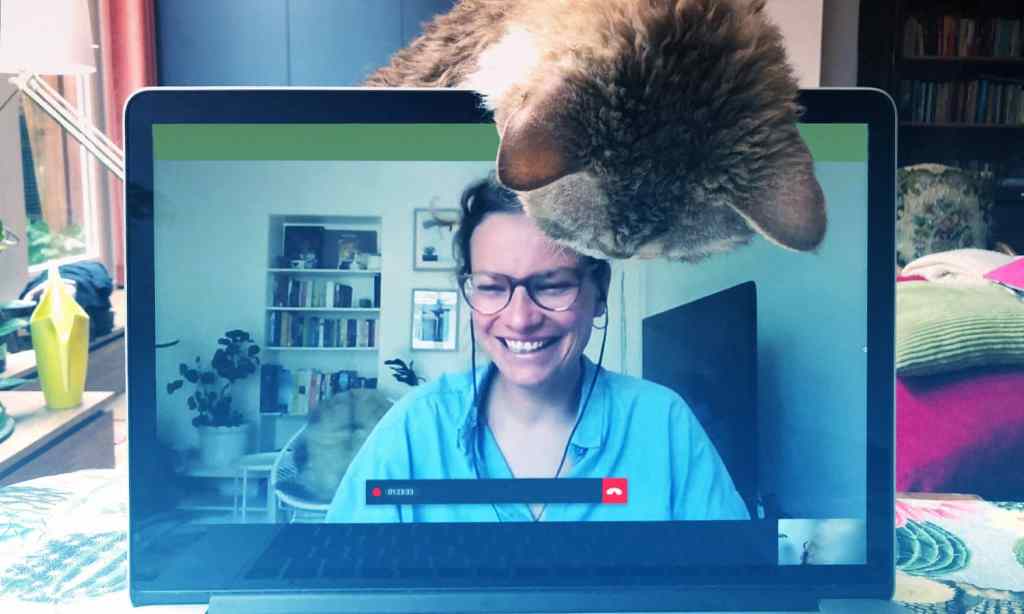The shift to working from home caused by the pandemic is one of the biggest changes to the way we work in the last 50 years and a recent report suggests those changes are here to stay.
A major investigation by the Productivity Commission has looked at how working from home may impact Australia’s economy, individual income, employment opportunities and health and wellbeing.
It shows that in less than two years, we have moved from less than 8% of Australians working from home to roughly 40%.
“While this percentage may not always remain so high it is inevitable that more Australians will work from home,” Chair of the Productivity Commission, Michael Brennan said.
Those rates declined slightly when lockdown restrictions eased, but the report found that many companies were starting to engage in flexible working strategies, allowing employees to continue working from home for part of their time.
The pandemic created a ‘forced experiment’ where suddenly working from home has become much more common, accepted and expected by employees and employers. The next wave of experimentation will see employees and employers choosing to implement work from home models that work for both parties.
“Working from home won’t suit everyone or every business but for many employees working from home arrangements will be a factor in deciding which job to take,” Brennan said.
The working from home experiment appears to be paying off, with most of us reporting that we’re likely to want to continue working from our homes in some capacity once the pandemic lifts.
Surprisingly, the economic impacts in productivity have been negligible and, while there are knock on effects to hospitality and catering businesses, overall, working from home appears to have positively benefitted the wellbeing of those able to do so.
The main advantage, according to people surveyed, was saving time and money on their daily commute.
In 2019, full-time workers in Australia’s major cities spent an average of 67 minutes each day commuting, and for those taking public transport, the average time value and transport cost totalled $57 a day.
Being able to spend more time with children and family was also a big positive the report highlighted.
Anecdotal evidence suggested that some people might even be willing to take a pay cut to retain their home-working advantages.
However, most of the people surveyed said that they would not want to work from home full-time. Less face-to-face collaborative time with colleagues was cited as a reason for working from home not being a full-time solution.
“On balance working from home can unlock significant gains in terms of flexibility and time for employees and could even increase the nation’s productivity,” Brennan said.
“Risks can be managed but we should keep an eye on them and be ready to intervene if necessary”.
The Commission’s report says that, at this stage, governments should support the work from home transition and shouldn’t intervene.
“There is a long history of technology enabling different ways of working. The forced experiment of COVID-19 has greatly accelerated take-up of technology including that which assists working from home opportunities,” Brennan said.
Read more stories from The Latch and subscribe to our email newsletter.







